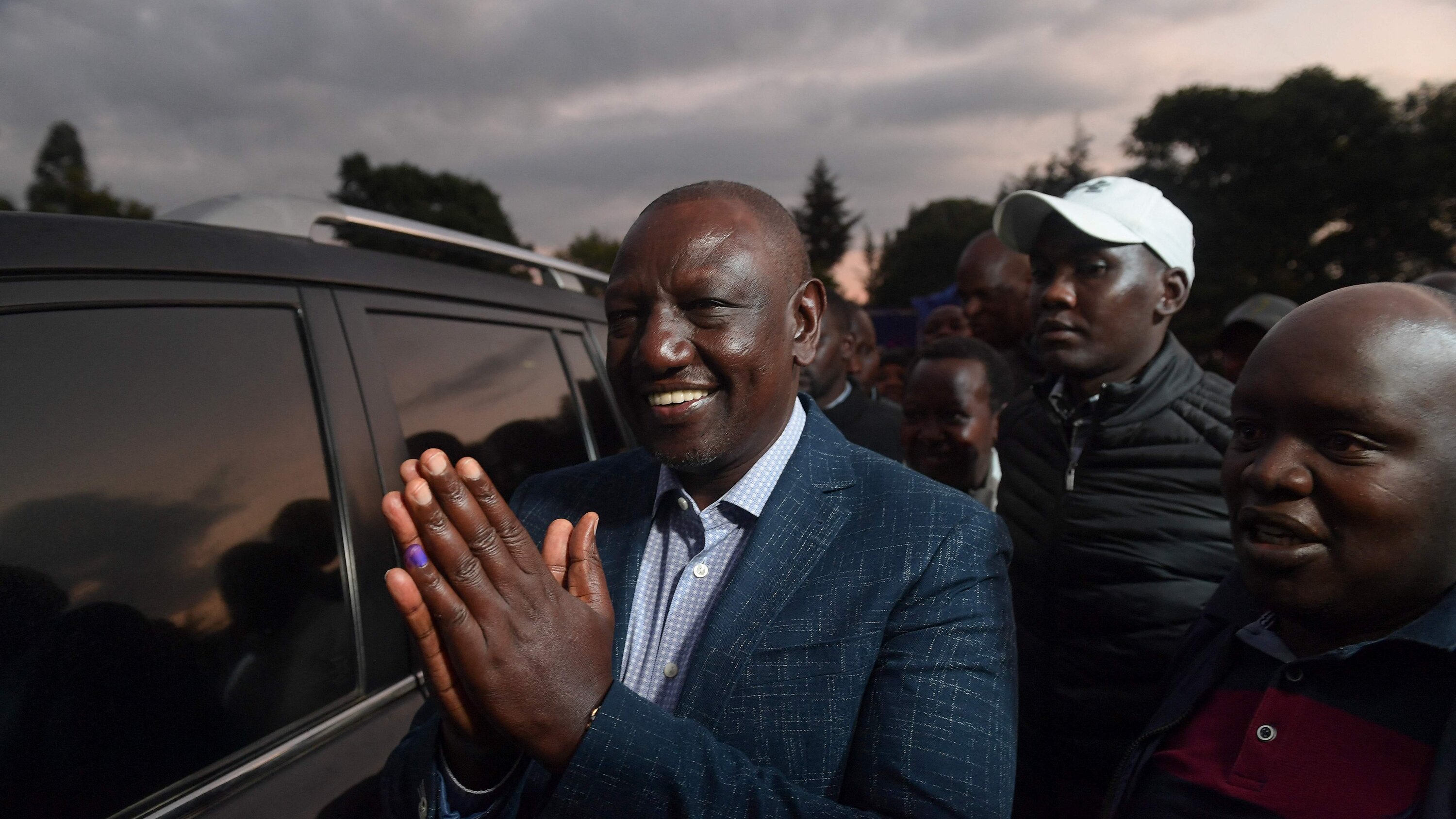Kenya: local TVs barred from Ruto's presidential inauguration
Kenya's Presidential election has come and gone, and William Ruto has been declared the winner, thanks to the supreme court's verdict, which cemented his victory. Following that august ruling, the president-elect Ruto has been preaching the reconciliation gospels backed up by quotes from the Bible and extending the olive hand of reconciliation and peace to everyone, including his perceived political enemies. If they are genuine, those kind gestures from the president inculcate the spirit of oneness, fairness, equity and justice, which Kenya desperately needs to move forward. And an average Kenyan wants genuine peace and reconciliation after years of political victimisation and ethnic dichotomy. But that hope and aspiration seem to have been put to the test recently by the decision of Ruto's media team to bar local media from covering his presidential inauguration while offering exclusive broadcast rights to an affiliate of a South African pay-TV group called Multichoice Kenya Ltd.
Although the contract details are still kept secret, it has always been a norm for the local media to cover the previous presidential inaugurations jointly at no cost to the government. While Multichoice Kenya Ltd enjoys exclusive broadcast rights, local broadcasters will receive a live feed from the main contractor, according to the decision of Ruto's team.
Although Mr Ruto's communications team has been quick to defend that decision, insisting the contractor will "provide a channel for the rest of Africa," many Kenyans have frowned at such an explanation. Local journalists and media organisations have condemned the contract, which the Daily Nation, Kenya's leading newspaper, heavily criticised as "cringeworthy" and accused the new president of wasting "opportunities to rise to statesmanship."
Some may call it cringe-worthy because many Kenyans had expected their newly elected president to put his reconciliation preaching into practice. But his early decision to bar media outlets, which he had accused of alleged critical coverage of his campaigns and coalition Kenya Kwanza (Kenya First), seem an indefensible portrayal of the spirit of forgiveness.
Is Ruto's decision to offer exclusive broadcast rights to an affiliate of a South African pay-TV group at the expense of the local broadcasters, which his team considered unfriendly to his campaign, the beginning of the continuation of political vendetta? If so, it is either Kenyans may have to forget for now all the religious quotes about national healings and reconciliation gospels from the president-elect and prepare for political vindictiveness; or they begin to urgently seek genuine propitiation and forgiveness, which are desperately needed to move the country forward.

